As of April 2021, Governor Gavin Newsom declared a drought emergency for several counties in California. Santa Clara County was added to the list of counties on July 8, 2021. Santa Clara Valley Water District (Valley Water) declared a water shortage emergency and adopted a resolution on June 15, 2021, mandating a 15% reduction in water usage from 2019 water use. Valley Water supplies water to California Water Service (Cal Water).
In August 2021, the Los Altos City Council passed a resolution acknowledging California's drought conditions and asking residents to make an effort to conserve water.
We are currently in Stage 1 of drought. View current restrictions.
It is important to be mindful of how much water we are using. Below are some tips you can use to save water. Hover over each tip for full description.
Indoor Water Saving Tips

Water Usage Audit
Get a "Water Wise House Call" from the Santa Clara Valley Water District. A trained specialist will come to your house and identify ways of conserving water, both indoor and outdoor. The specialist will also identify if you have any leaks in your residential water system.
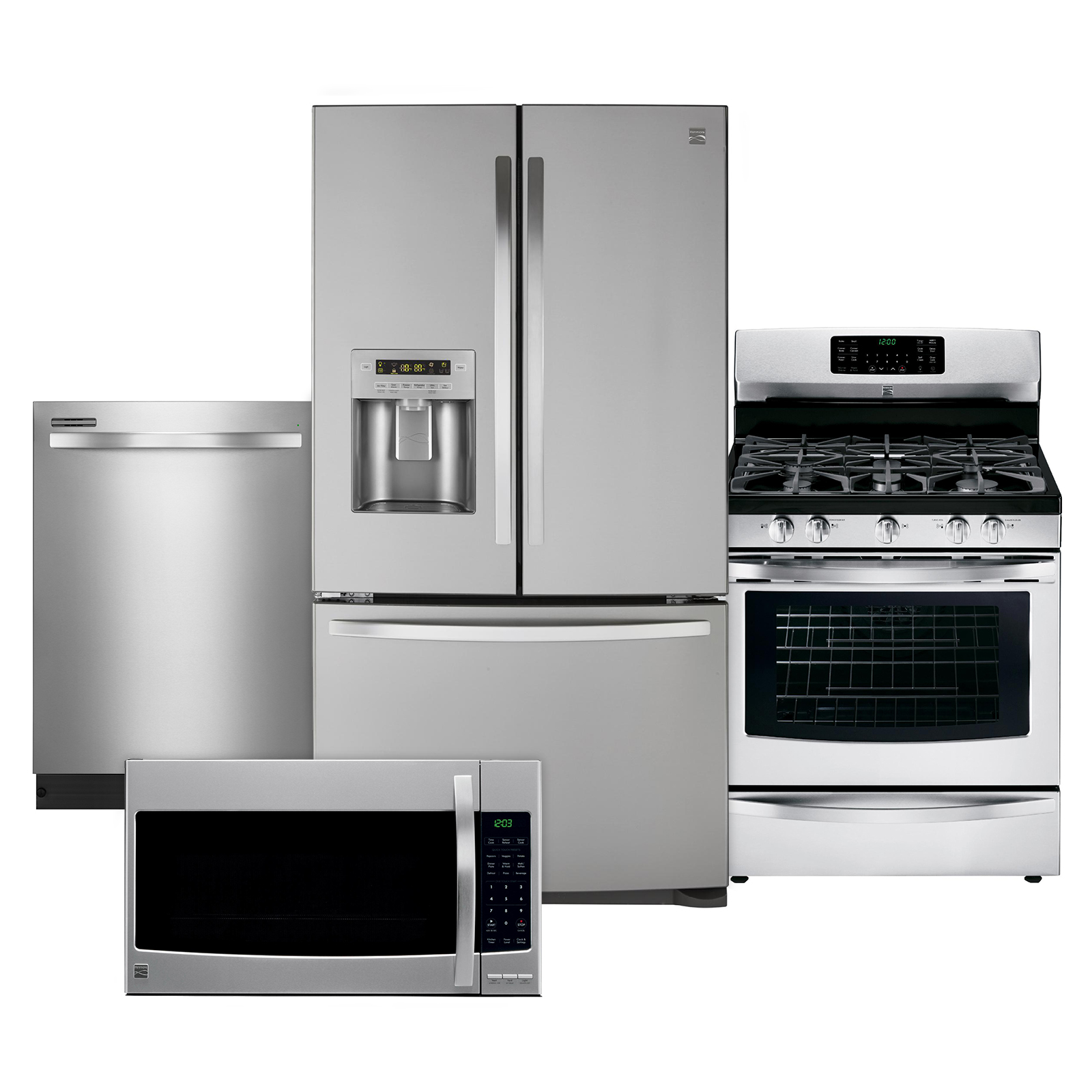
Upgrade Fixtures
If you have not remodeled recently, see if you can replace inefficient fixtures and appliances, such as toilets, washers, shower heads, faucet aerators, etc. The Santa Clara Valley Water District offers rebates.
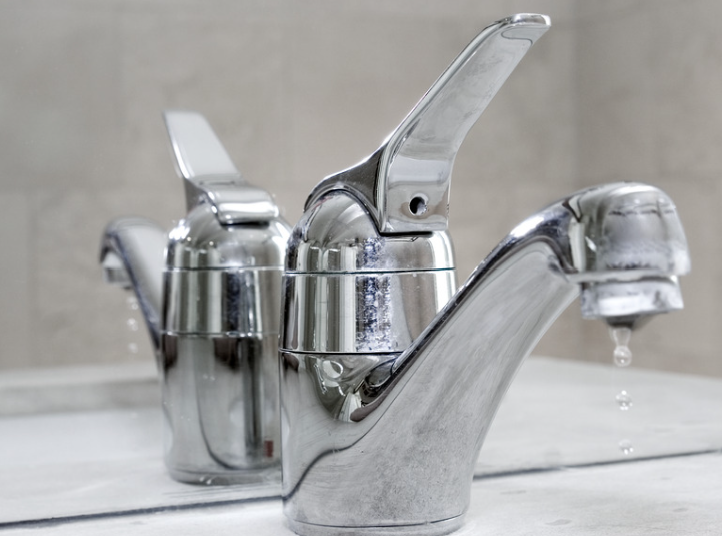
Fix Leaks
Leaky faucets can waste up to 20 gallons per day. Ensure all taps, hoses, and connections are secure and leak-free. Fix them promptly.
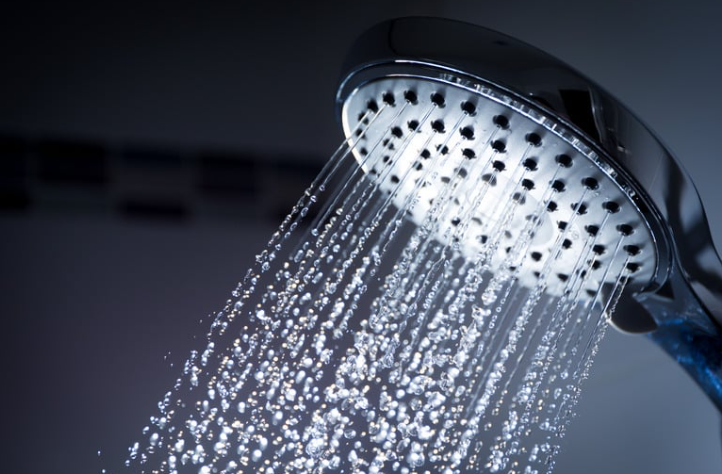
Shower Smarter
Limit showers to 5 minutes or less. Potential savings: 15 gallons per shower by reducing your time under the water.
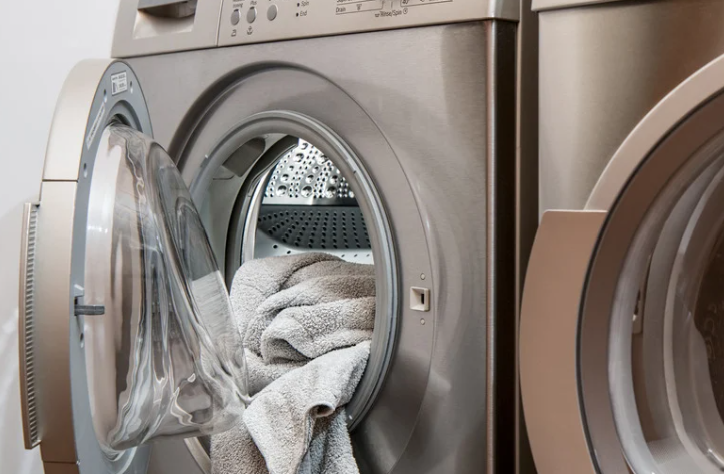
Use Full Loads
Only run dishwashers and washing machines when full. Potential savings: 15-50 gallons per load of clothes and 5-15 gallons per load of dishes.

Avoid Running Water
Minimize water waste when washing vegetables and dishes. Use a bowl to wash vegetables, and when washing dishes, only run water when rinsing. You can save 3+ gallons per day by simply turning off the tap while brushing your teeth or shaving.
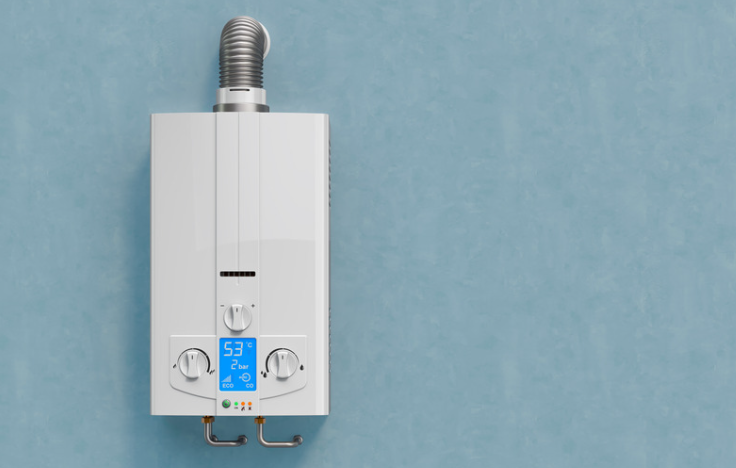
Install Tankless Heater
Install a tankless hot water heater or an on-demand pump, or capture the cold tap water until it turns hot and then use this water on the garden.

Eat Less Meat
Roughly 1.5 million gallons of water are needed to produce the food consumed each year by the average US resident. Conserve water through the foods you eat; choose less meat and more whole grains.
Outdoor Water Saving Tips
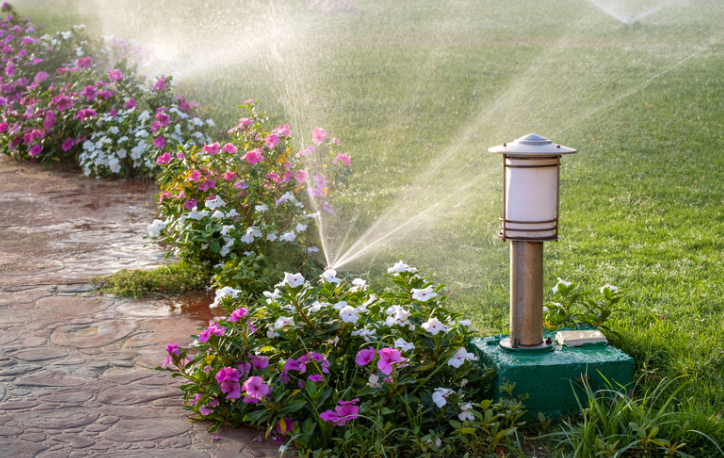
Check Irrigation
Regularly inspect your irrigation system, repair leaks, and replace damaged sprinkler heads. Consider converting zones to drip irrigation or installing a "smart" weather-based controller or rain sensor.
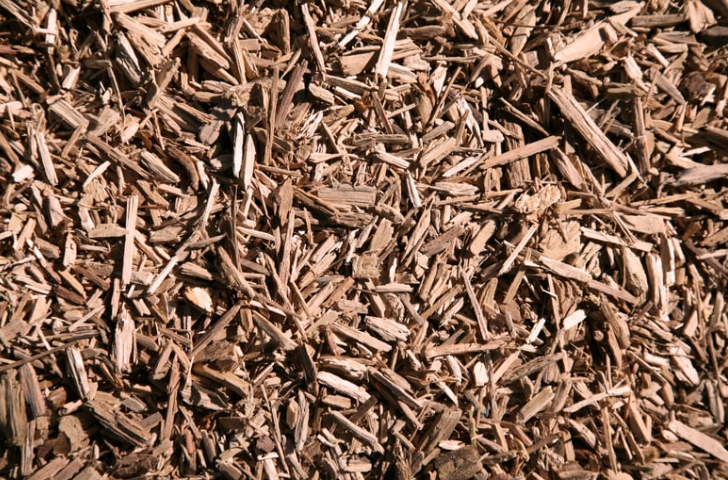
Spread Organic Mulch
Spread organic mulch around plants to retain moisture and reduce water usage. This can save hundreds of gallons of water by retaining moisture while rejuvenating the soil.
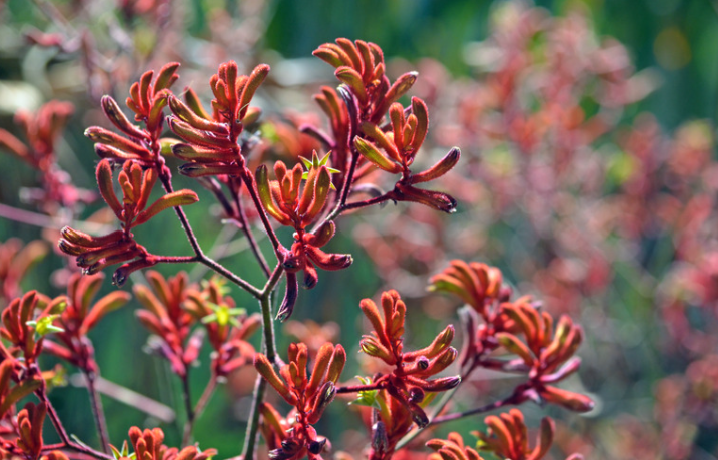
Pick Native Plants
Remove turf areas that your family does not use and potentially realize 15-50% outdoor water savings. Replace turf and other landscape areas with drought-tolerant plants, ideally California natives, as they support the local ecology.
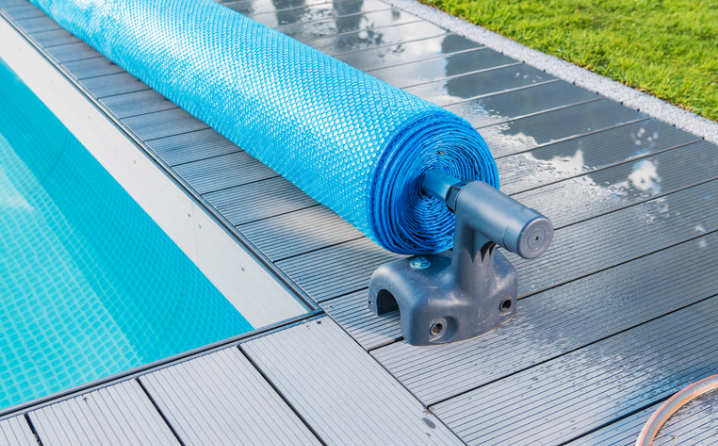
Cover Swimming Pools
Keep pools covered when not in use to prevent evaporation. Covering your pool when not in use can prevent significant water loss due to evaporation. This simple action can save thousands of gallons of water each year.
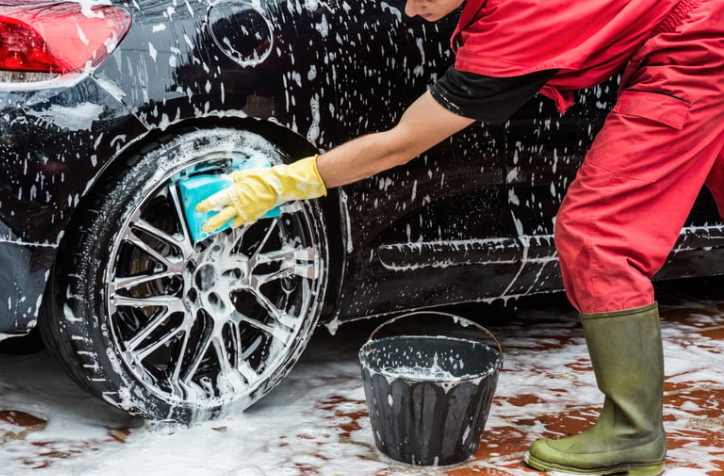
Car Wash vs. Hand Wash
Commercial car washes are generally more water-efficient than washing at home. They often reuse water and have specialized equipment that minimizes waste.
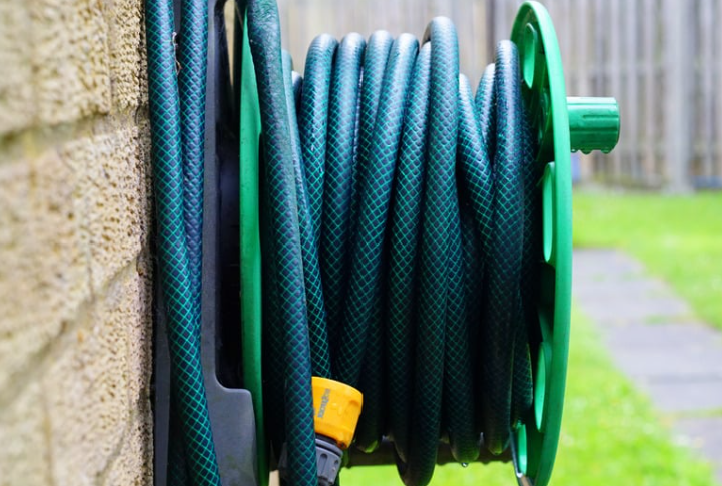
Use Shut-off Nozzles
Using a shut-off nozzle on your garden hose can save a significant amount of water by preventing unnecessary runoff. It’s a simple tool that can make a big difference.
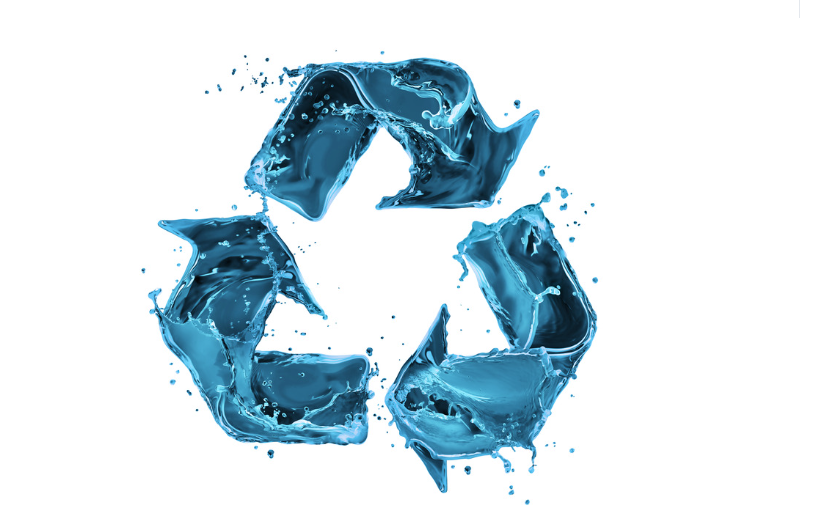
Use Gray Water
Gray water from sources like laundry and sinks can be repurposed to irrigate your garden, reducing the demand on fresh water supplies.
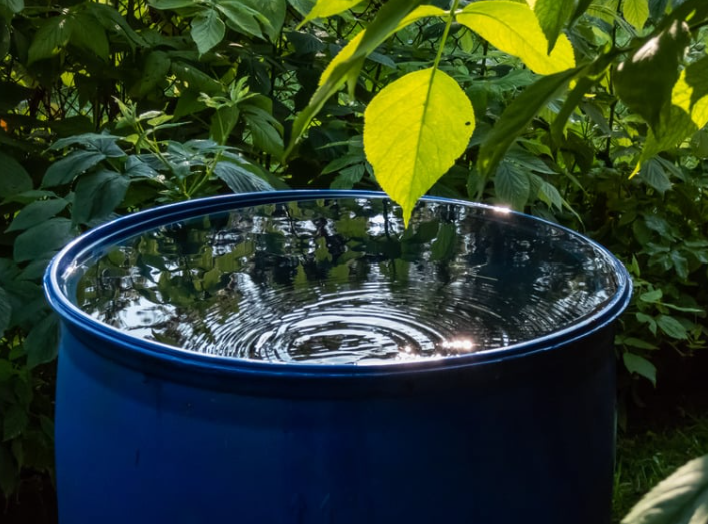
Harvest Rainwater
Rainwater harvesting involves collecting runoff from your roof and storing it for future use. This can reduce your dependency on the municipal water supply.
Rebates
















